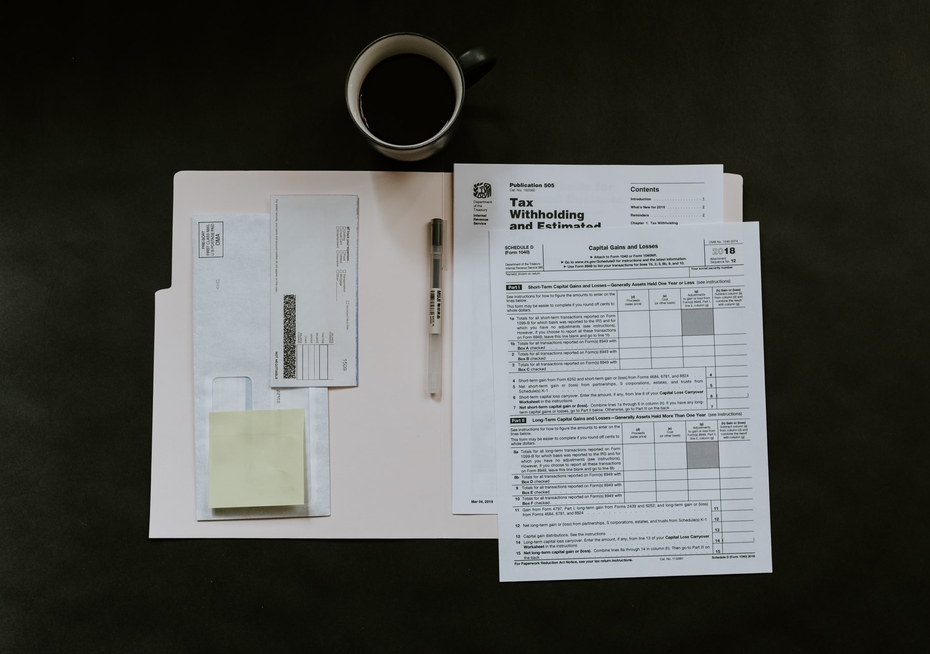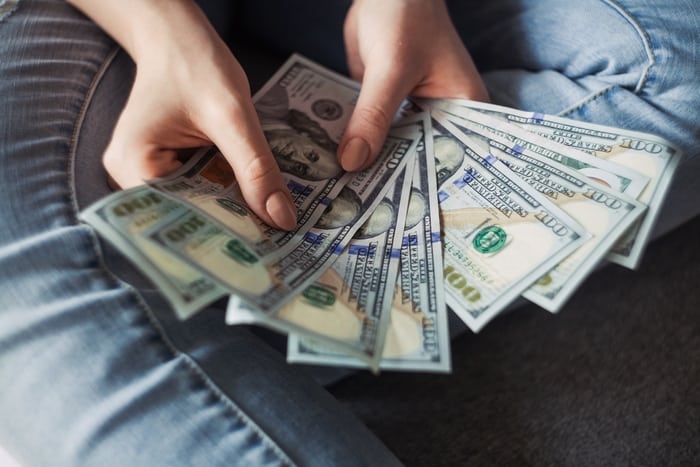Money and Mortgage, Home Sellers Taxes When Selling a Home

Tax Information to Know After Selling a Home
After selling a home, it is time to find out if you owe the IRS any taxes. There is no simple answer to this as it differs for each home seller.
The IRS has a loophole known as the home sale gain exclusion, which allows sellers who file joint tax returns to exclude as much as $500,000 in capital gains from taxation. Single filers can exclude up to $250,000 upon the sale of a primary home. To qualify, the home must have been your primary residence for at least two years and you did not claim the exclusion on another home within the two-year period before the sale.
Cost Equation of Selling a Home
This loophole may sound complicated, but your capital gains are simply the difference between your cost basis and net proceeds. Your cost basis is the amount you paid to acquire an asset, including any acquisition costs or capital improvements. After accounting for selling-related expenses like real estate commissions, your net proceeds are the amount you sold the house for.
 Capital Gains Tax of Selling a Home
Capital Gains Tax of Selling a Home
The amount of money you gain from selling your home is subject to capital gains tax. This type of tax depends on your income and how long you owned your home. The IRS classifies capital gains into two broad categories:
- Short-term capital gains occur when you have owned an asset for less than a year.
- Long-term capital gains occur when you have owned the asset for longer than one year.
Most sales fall into the long-term capital category. If your home produces a short-term capital gain, it is taxable as ordinary income. Long-term capital gains receive more favorable tax treatment.
When Are Taxes Due?
Any capital gains taxes you owe on the sale of your home are due at the tax deadline during the year of the home closing. It is important to speak to a tax professional to clarify when your taxes are due and how much the payment is for.
How to Avoid Capital Gains Tax
1031 Exchange - If you are selling an investment property, you can avoid capital gains tax by completing a 1031 exchange. This involves selling one investment property and using the proceeds to buy another one. Your original cost basis will transfer into the new property and your capital gains tax liability will be deferred until you sell it. Once you sell the property, you can complete another exchange that will defer the capital gains tax.
Tax-Loss Harvesting - This is when you sell poorly performing assets at a loss to offset capital gains on the sale of your home.
Taxes on selling a home can be a complicated subject to understand. For more information, contact one of our real estate experts at HomeHunt today!